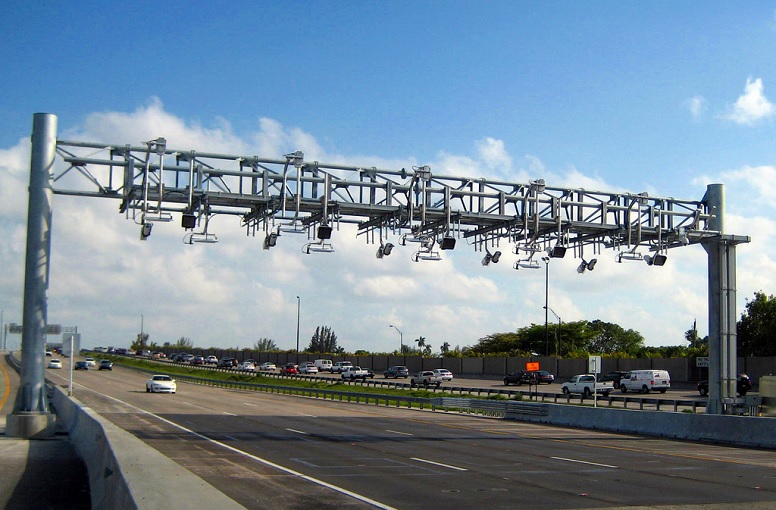TSTC’s 2004 report The Open Road extolled the many benefits of cashless, all-electronic tolling systems: reduced pollution, increased safety and dollars and time savings. More than a decade later, New York State appears to be on the cusp of making some progress in expanding these systems beyond just the Henry Hudson Bridge.
One of the key impediments to expansion has been the lack of legal authority to enforce payment by toll evaders. After several failed attempts by the legislature to fix the dilemma, Governor Cuomo is proposing a regulatory approach, using the New York State Department of Motor Vehicles’ (DMV) authority to suspend registrations “for habitual and persistent violations of the law.”
If enacted, the new regulation would enable the DMV to suspend registration for drivers who fail to pay—regardless of tolling authority—five tolls, fees or other charges within a period of 18 months. Tolling authorities in New York include the NYS Thruway, Port Authority of NY & NJ, NYS Bridge Authority and Triborough Bridge and Tunnel Authority, and the MTA.
A skipped toll results in a fine for each violation plus the full undiscounted toll. According to the Governor’s office, there were “nearly 35,000 cases where violators accrued five or more unpaid toll violations within an 18-month period, resulting in about $16.5 million in lost revenue annually” for non-MTA tolling authorities. Lost revenues from those taking a free ride ultimately impacts the State’s ability to pay for transportation needs.
Reducing toll evasion is important to protecting revenue for transportation and to expanding all-electronic tolling; kudos to the governor for finding a solution. One concern however, especially outside of the city, is that taking away the registration of a low-income driver can mean taking away that person’s ability to get to their job. Expanding access to a debit-card type of system for those who can’t use E-ZPass would help—an option that the MTA currently offers.
This week, the MTA Bridges and Tunnels Committee approved the new regulations, and the 45-day public comment period for the new regulatory approach ends on January 4, 2016.

